The Inca Jungle Trek: A 4-Day Hiking Expedition to Machu Picchu
Disclosure: This post may contain affiliate links; more info here.
Whether you want to experience trekking like the Incas once did, or you just want to embark on a new adventure, trekking to Machu Picchu will be well worth your while.
When you think of Peru, Machu Picchu is likely the first thing that comes to mind, and that’s because this ancient city tops every serious traveler’s bucket list. With so many ways to reach this world wonder, and so many tour companies to choose from, the research process can be incredibly daunting. With this post, trekking to Machu Picchu just got a whole lot easier!
The Inca Jungle Trek: A 4-Day Hiking Expedition to Machu Picchu
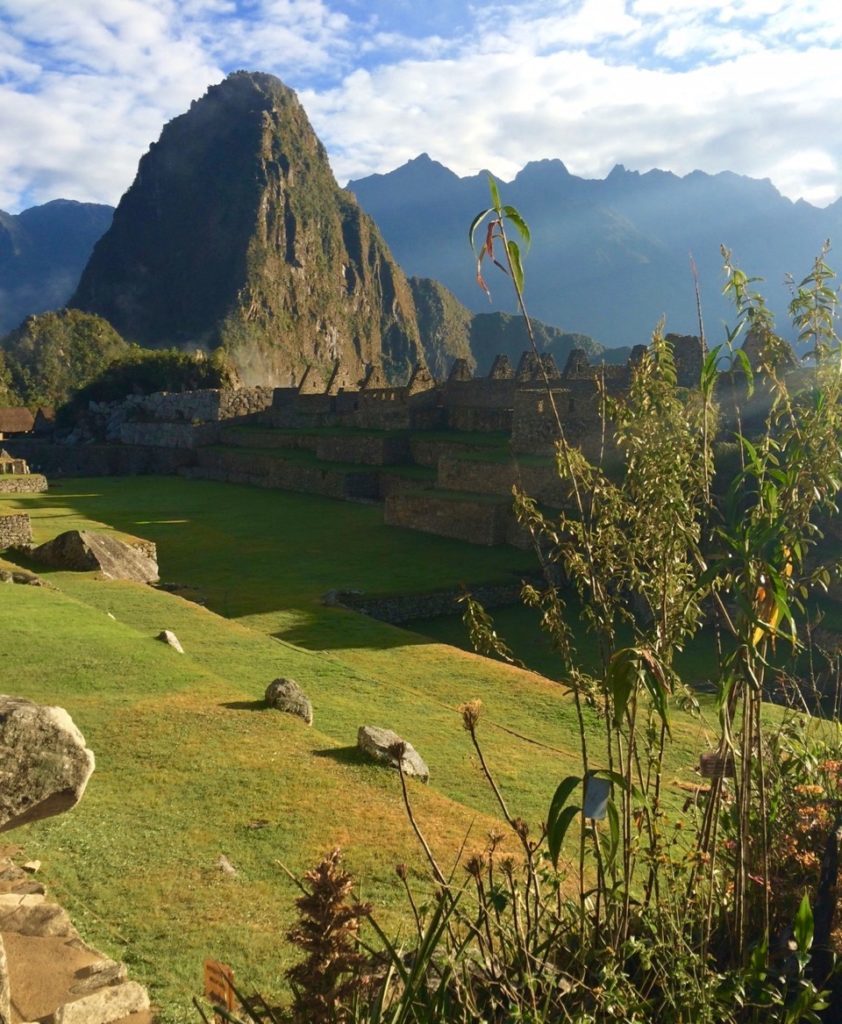
In August, my family and I undertook the challenge of a 4-day/3-night hike to Macchu Picchu. During the trek, we rafted on winding rivers through the valleys of the Andes, cycled down from the Abra Malaga pass at 4,350 meters, rode through coca plantations, relaxed in hot springs, and climbed up actual ancient Inca trails. To say it was the trip of a lifetime would be a major understatement.
First stop: Cuzco, Peru
Cuzco (also known as Cusco) is the gateway to Machu Picchu and the Sacred Valley. Once the capital of the Inca Empire and later occupied by the Spaniards in the 16th century, Cuzco is now the hub for all tourists exploring Machu Picchu and the Sacred Valley. This city cannot be missed.
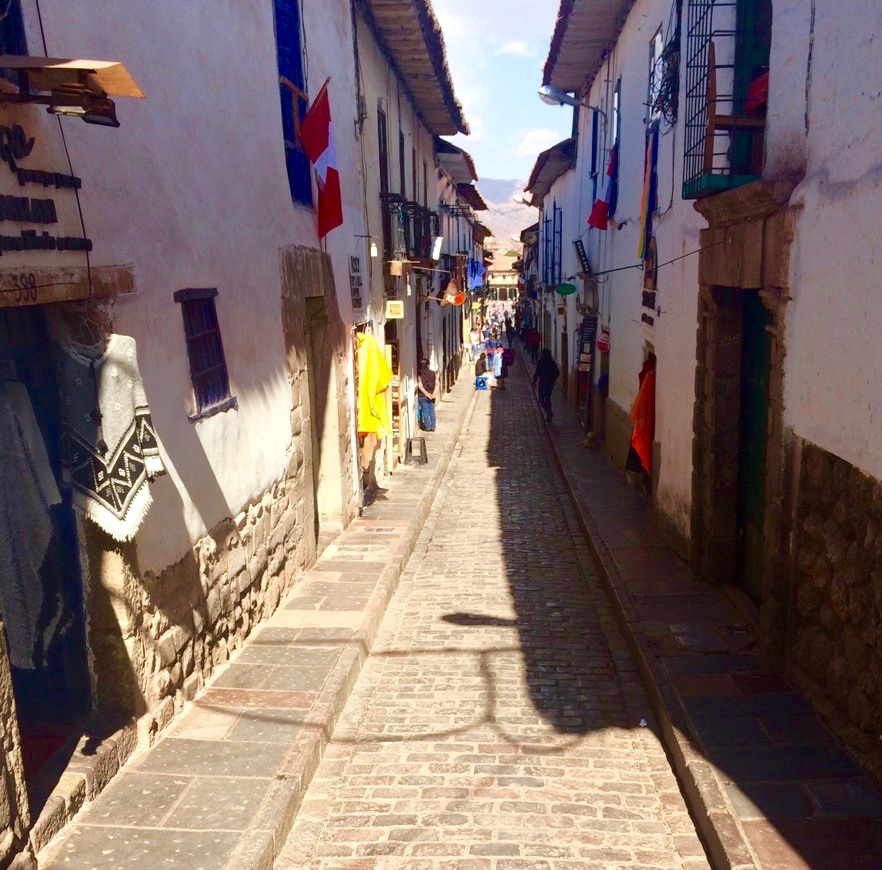
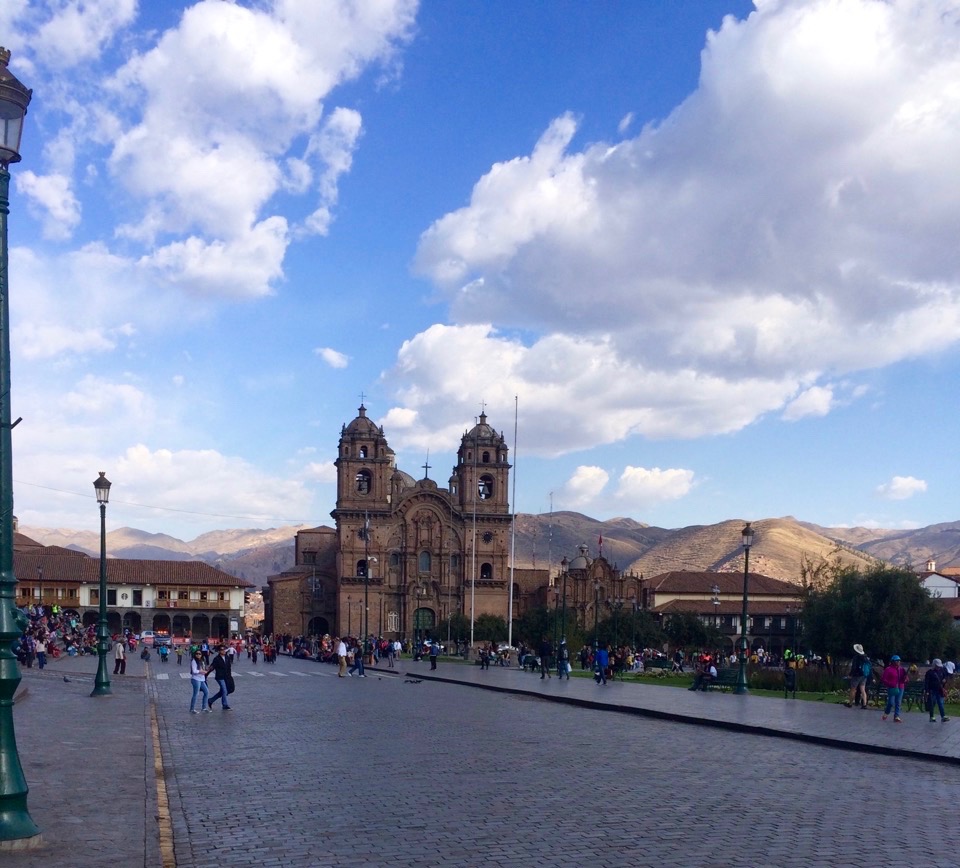
You can easily spend 2 days in Cuzco, gawking at centuries-old Spanish Baroque architecture, buying bright, traditional textiles, eating Peruvian cuisine, and picking up bits of the local language. But when you’re ready, say “Chau” to civilization and begin trekking to Machu Picchu!
Trekking to Machu Picchu: The Inca Trail
From Cuzco, the most famous way to visit the ancient city of Machu Picchu is via the Inca Trail.
Here’s some important information to note about the Inca Trail:
- Excursions tend to book up 6 to 12 months in advance, so plan ahead
- The Inca Trail can be quite rigorous, consisting of passes that reach 4,000 meters multiple times
- The trek includes days of strictly hiking and camping
- It truly is the trail that the Incas traversed through the Andes
- The best time to hike the Inca Trail is April through September
Due to our visit during the high season, we weren’t able to secure a booking on the Inca Trail. Instead, we chose the Inca Jungle Trek, which is a great alternative to the Inca Trail.
Here’s exactly what you can expect on the Inca Jungle Trek to Machu Picchu over 4 days…
Trekking to Machu Picchu: The Inca Jungle Trek
Day 1: Biking and river rafting
On Day One, our driver picked us up from our hotel in Cuzco and drove us to the Abra Malaga Pass, where we had a spectacular view of the Veronica Glacier. The elevation of this pass is 4,350 meters (14,271 ft), and it’s also where we began our 4-hour bike ride downhill.
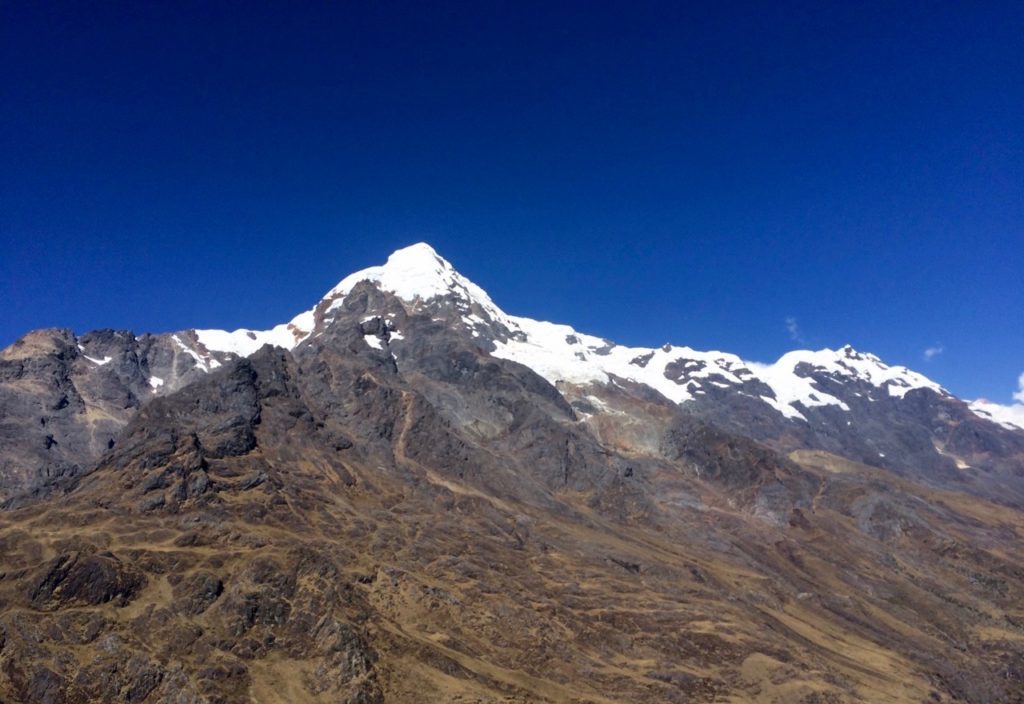
We cycled down a two-lane, winding road, passing waterfalls and incredible views of the valley below. The bike ride down the Abra Malaga Pass is smooth and easy, however the road is shared with speeding cars that overtake without any hesitation. Yikes!
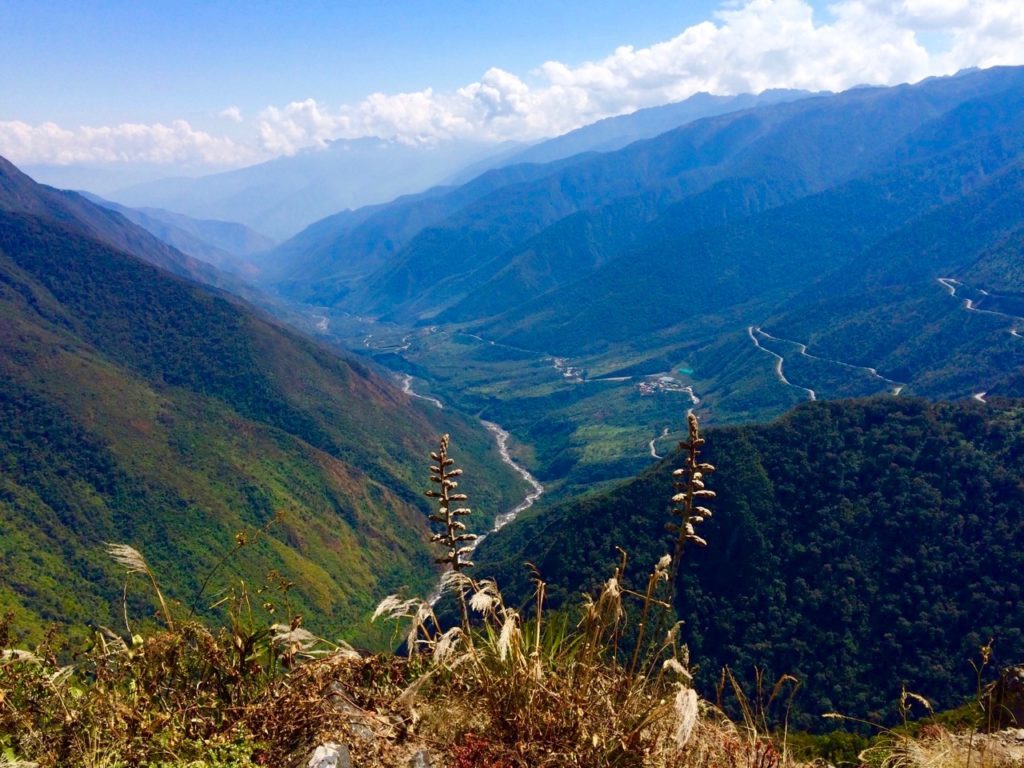
As we rode, I almost didn’t want to pay attention to the road. The tree-covered mountains soared above us, then dipped down low, creating vast valleys with crystal-clear rivers rushing through. At this time of year, there was no snow in sight; however, the breeze cooled us as we raced down the hill.
Once we reached the bottom, we were given the choice of river rafting in the valley, or relaxing at our first accommodation; so naturally, we unanimously decided to go rafting!
The rapids were rated a three, which aren’t the easiest, but are still very doable for anyone with a sense of adventure. It was August, so the water was cold, but extremely refreshing for a quick dip.
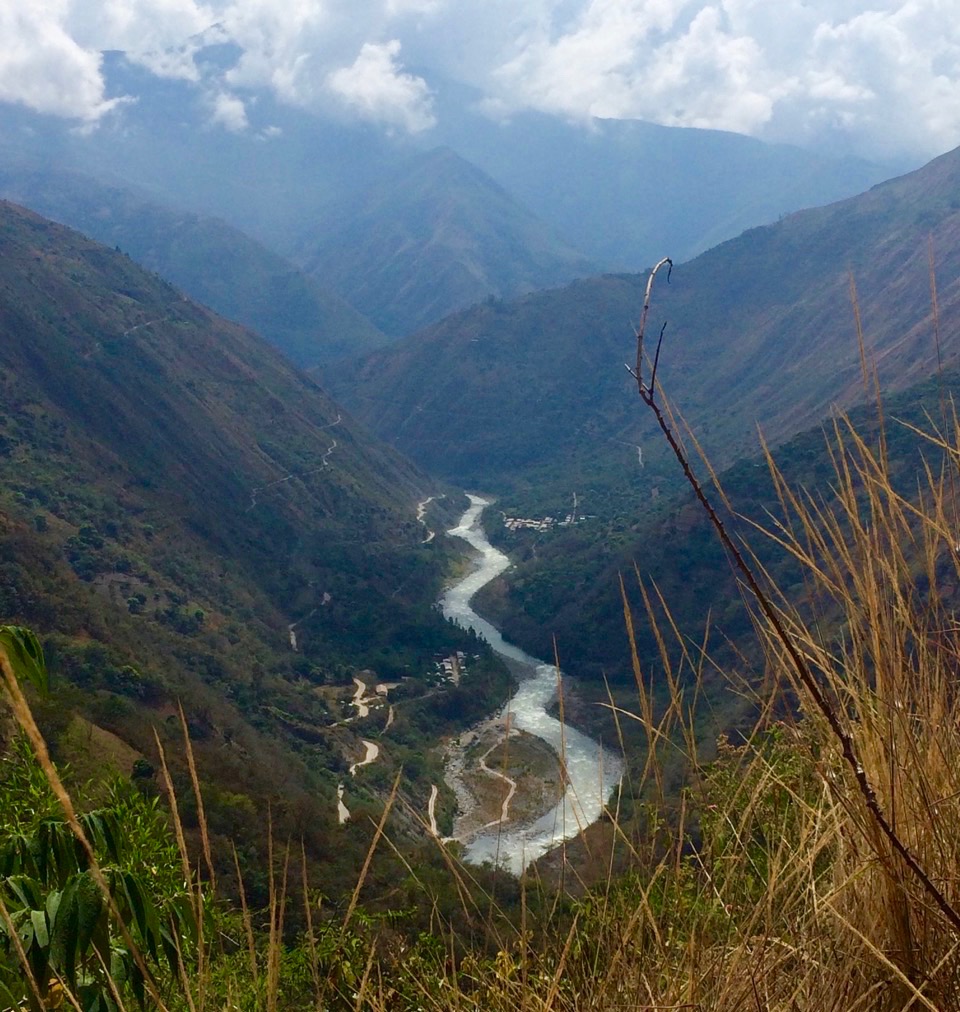
While rafting, the views were serene and unlike anything I had ever seen before. The mountainous landscape surrounded us, coca plants grew in perfect lines on the steep cliffs surrounding the river, and pebbles lined the riverbanks (all of which distracted me from clenching my teeth and stomach each time our raft neared the jagged rocks).
After rafting, we arrived at our accommodation, in a tiny town called Maranura. There, we stayed with a local family who cooked an authentic Peruvian dinner and breakfast for us. This was quite the experience, in and of itself. Knowing that we’d summit Machu Picchu in a few days was just a bonus!
Day 2: Trekking and hot springs
On Day Two, we embarked on an 8-hour hike through the mountains, winding down to the valley where the hot springs of Cocalmayo reside.
The first 2 hours of the hike lead us uphill, to a section of the Inca Trail. This segment brought us to the trek’s highest point, meanwhile threatening us with the deadly plunge off of the mountainside, down to the valley bottom.
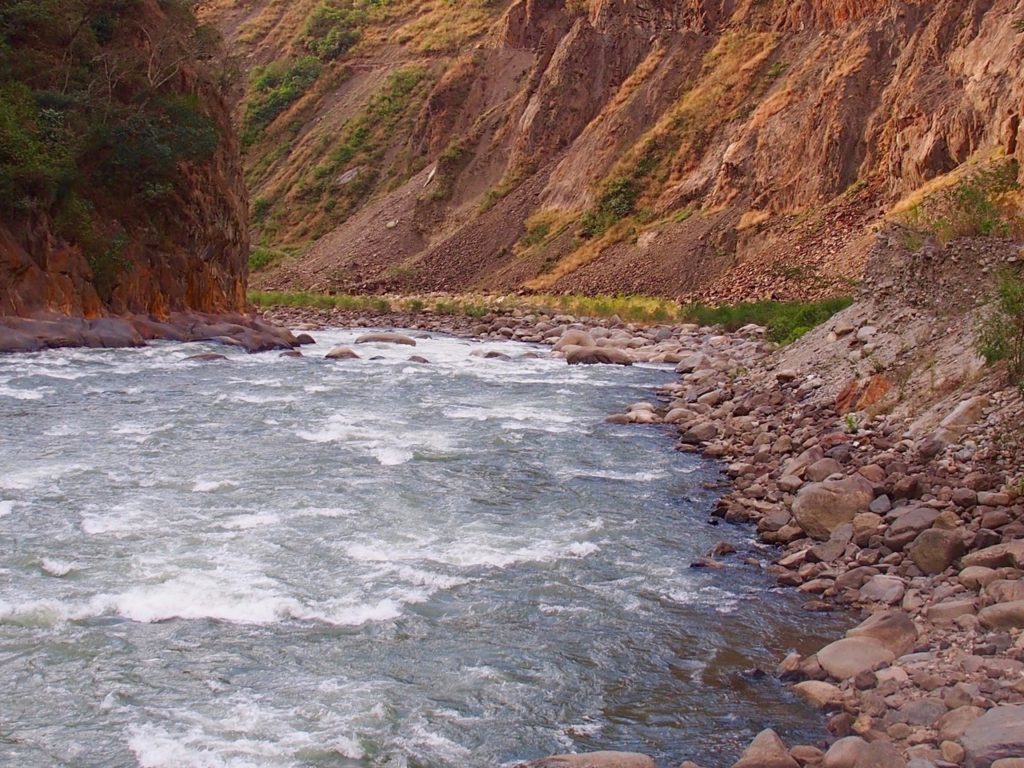
As we continued the trek, the terrain changed, stretching downhill to the river once more. The riverside colors were awe-inspiring; the river spattered white rapids with deep blues and greens in between, while the river rocks bled through in a deep red-orange.
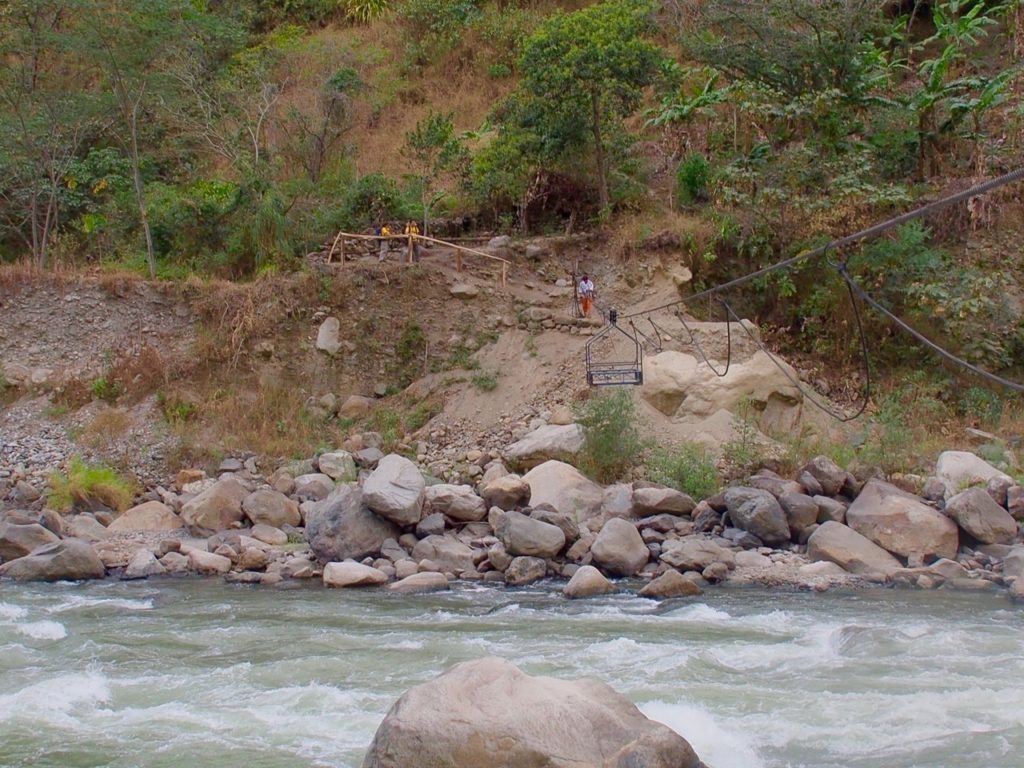
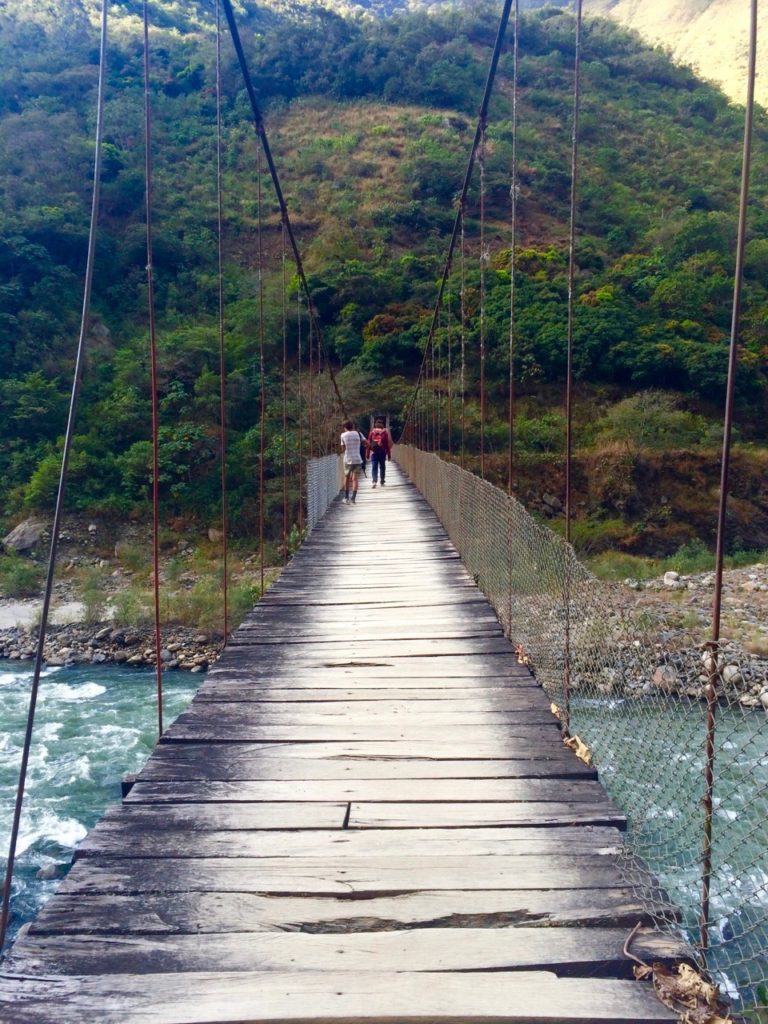
After crossing the river twice by sketchy bridge and rickety cable car (if you could even call it that), we finally reached Baños Termales Cocalmayo, as promised by our guide.
I have to say, the springs were refreshing, but not at all what I imagined they’d be. The hot springs were natural, but were completely transformed into a manmade attraction for locals and tourists alike.
Day 3: Visiting Aguas Calientes, zip-lining, and trekking
On Day Three, we hiked more, of course! Our goal was to reach Aguas Calientes, the town at the base of Machu Picchu, and when we arrived, the opportunity to zip line was presented. We’ve zip lined many times before, so we opted out; however, many people who did partake said it was quite the experience, as the zip lines suspends across the valley and over the river.
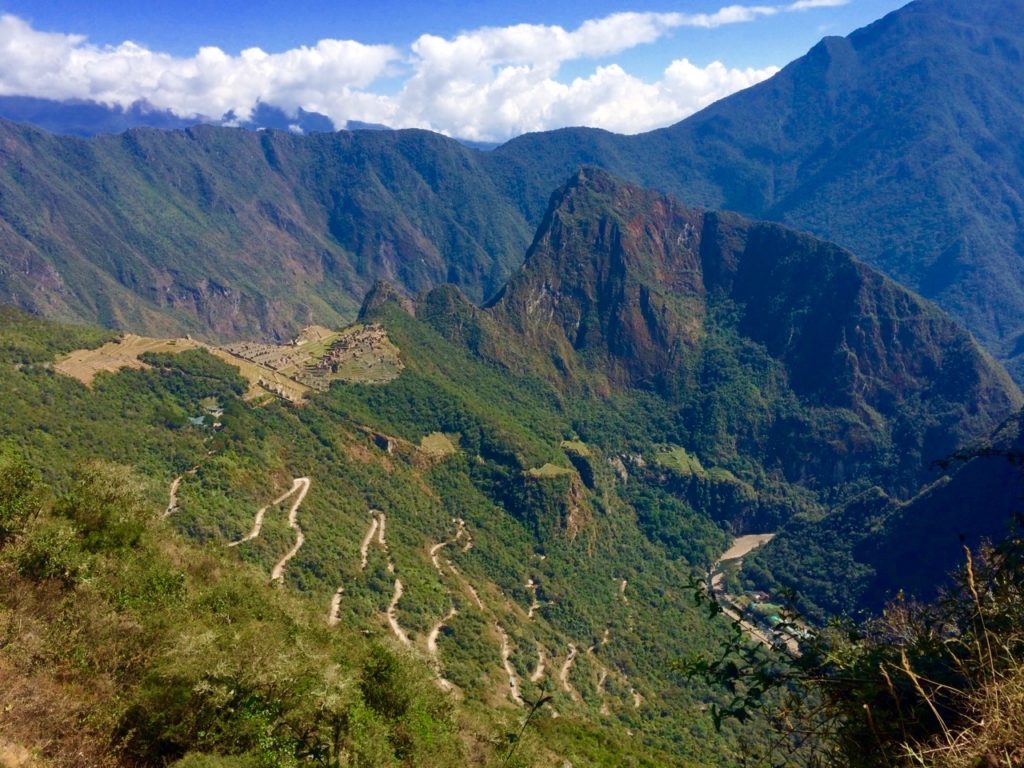
We trekked for around 6 hours, and followed the train tracks and the river to Aguas Calientes. During the hike, deep down in the valley, we caught our first cliffside glimpses of Machu Picchu. Can you spot the ancient city in the photo above?
Day 4: Reaching Machu Picchu – finally!
Day Four was the most incredible day by far. We expected this, considering just how famous Machu Picchu is, but at the same time, there’s always that mild fear that a destination is overhyped. Yet Machu Picchu surpassed all anticipations that I could have had.
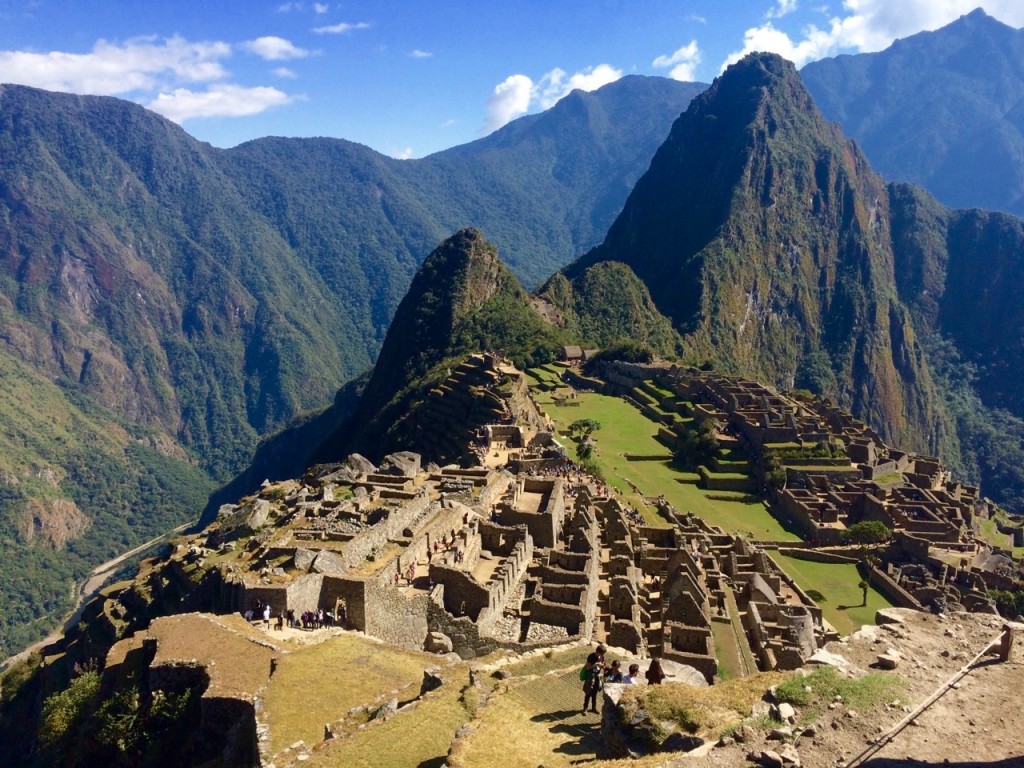
From Aguas Calientes, there are two ways to reach Machu Picchu: by bus or on foot.
We opted to hike 45 minutes straight uphill at 5:00 a.m., and I would not have done it any other way. Starting the day this early does not lead to beating the crowds, however, it does lend itself to some of the most extraordinary views you will ever see in your life.
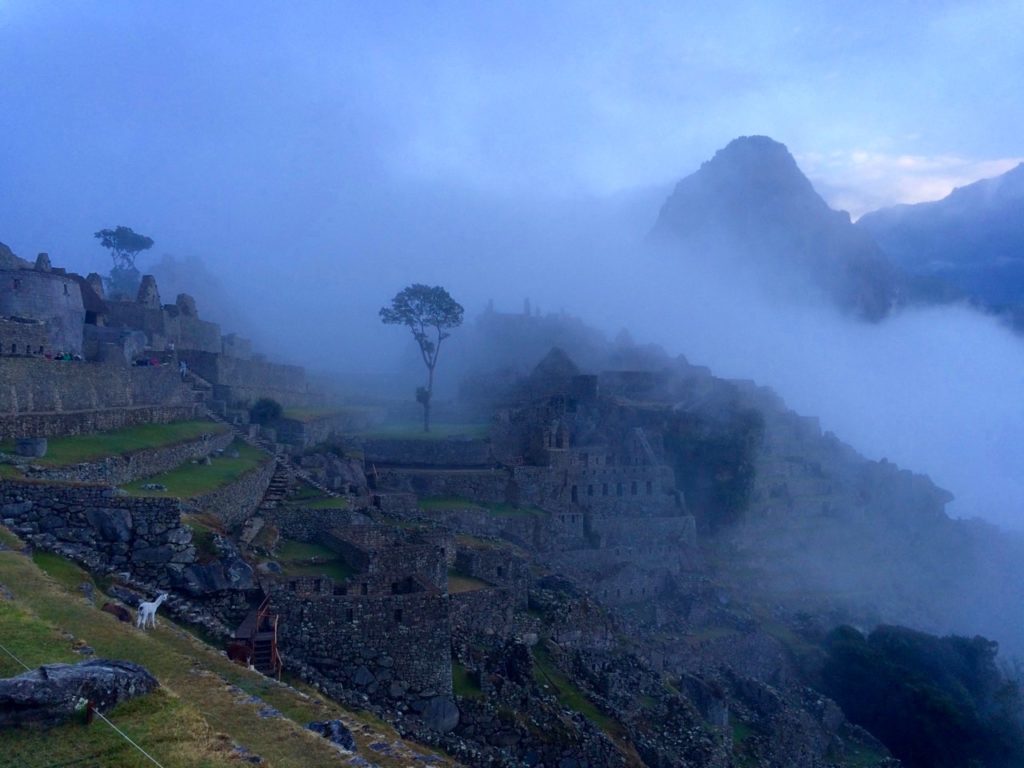
The way the clouds rose slowly over the mountain peaks, hovering over the ruins, made for a mysterious and breathtaking atmosphere that I’ll definitely never forget.
From Machu Picchu, it’s possible to do a few more hikes:
- The Sun Gate hike is the easiest, with a gradual uphill to a viewpoint that extends to the whole mountain area. This is the entrance from the Inca Trail.
- Wayna Picchu reaches the same height as the Sun Gate, however it is a bit more rigorous and steep.
- Machu Picchu Mountain is the hardest of all the hikes, in means of steepness and overall elevation increase.
- Wayna Picchu and Machu Picchu Mountain both require extra tickets that must be purchased ahead of time.
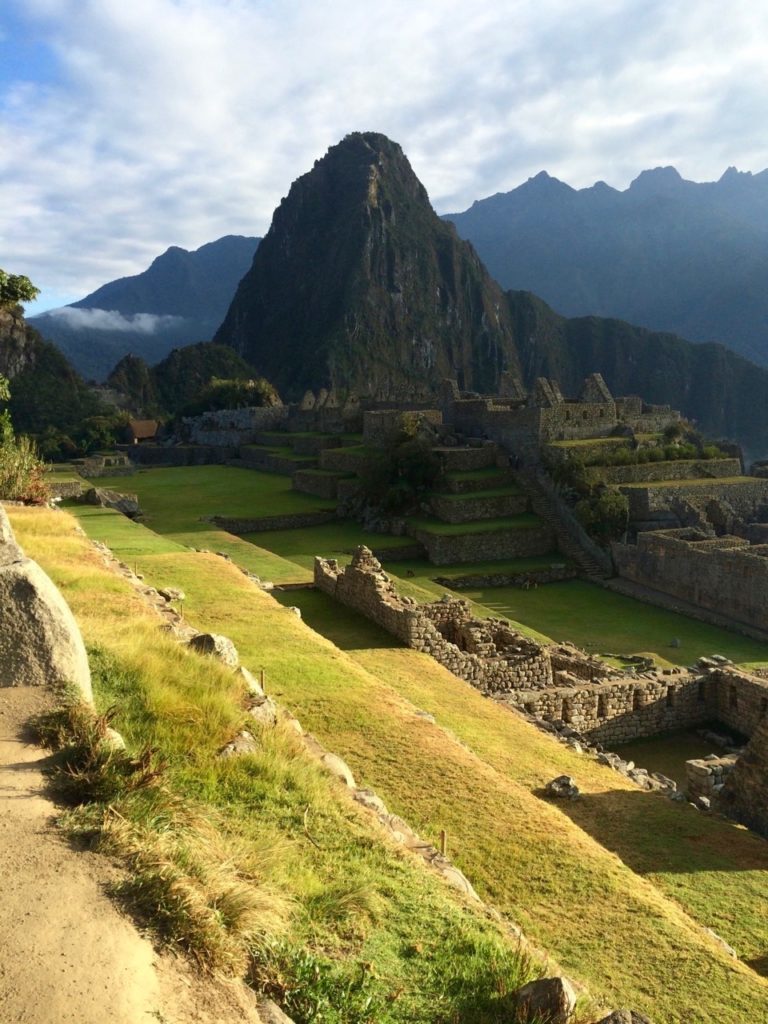
Getting back to Cuzco
Once we made it up to Machu Picchu and had a brief explanation of the ruins from our guide, our tour was technically over. After getting our Machu Picchu fix, which is hardly possible, we made our way back down to Aguas Calientes, which can be done via bus or hiking.
From there, the most common way of getting back to Cuzco is by means of train.
Unfortunately, foreigners cannot make use of the local train; however, there are few other types of trains that make getting back to Cuzco simple:
- The Expedition, the budget train, which is comfortable and like any ordinary train.
- The Vistadome, a train that features panoramic windows to view the scenes of the valley.
- The Hiram Bingham, the super deluxe option, which includes gourmet brunch and dinner, as well as the ticket to enter Machu Picchu.
We opted for the Vistadome which, as promised, provided beautiful scenic views. When night fell, the staff members preformed little skits that were quite comical, and represented many different aspects of Peruvian culture.
Looking back on Machu Picchu
Of all the places I’ve visited, Machu Picchu is among the most mystifying and the most beautiful. It’s unlike any other place in the world, but it’s somewhere well worth visiting, no matter how costly, strenuous, or time-consuming.
It’s entirely possible to visit Machu Picchu within one day, or you can make an adventure out of it – just like we did! I don’t know about you guys, but I’d choose the longer, more adventurous route every time.
FYI: Depending on the company you choose to trek with and which add-on excursions you choose (zip-lining, rafting, etc.), the Inca Jungle Trek will cost anywhere from $200-$400 per person, which will include your guide, meals, and accommodation!
Over to you! Have you visited Machu Picchu before? If so, did you choose the Inca Trail or the Inca Jungle Trek? If not, is Machu Picchu on your travel bucket list?
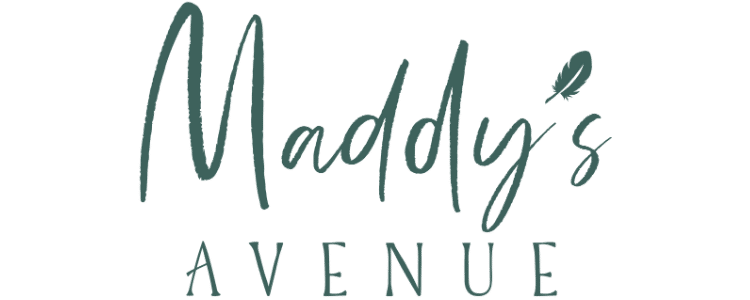
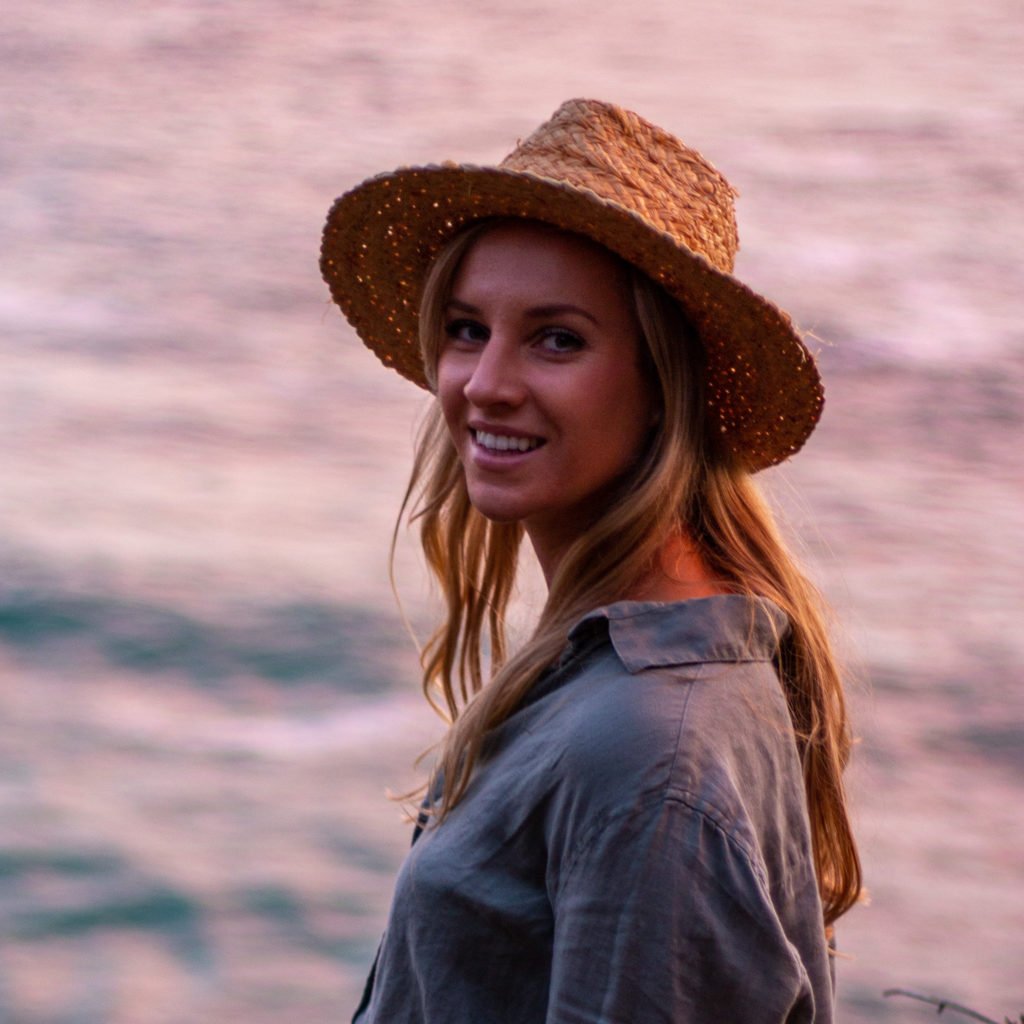
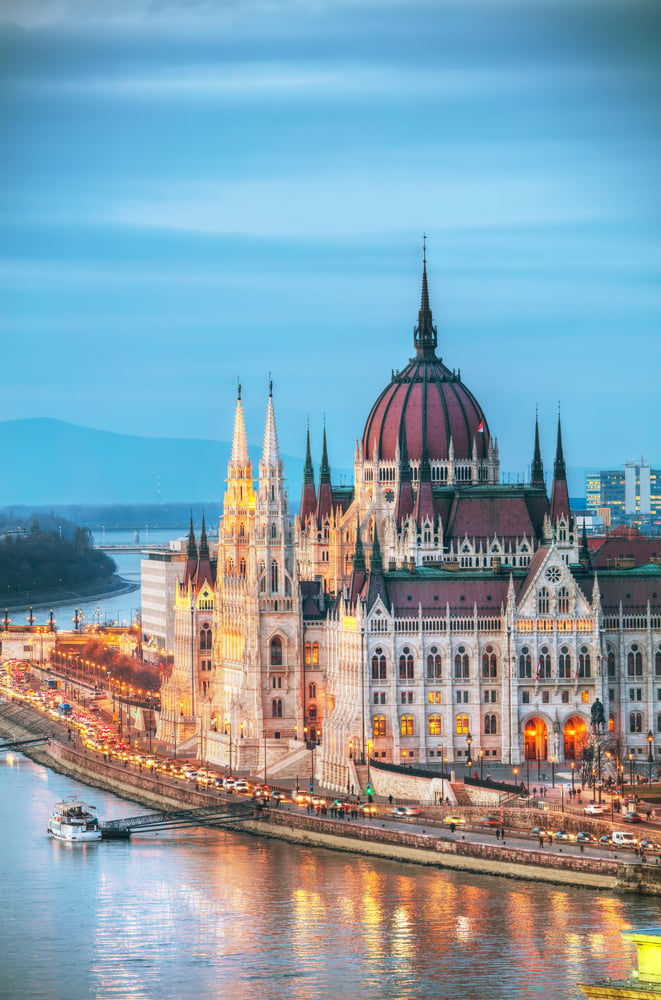
What an amazing adventure! I’m sure the Inca trail is on many bucket lists now… including mine :)
Thanks for sharing!
Tara
http://www.orinocoblue.com
I didn’t know that you could opt to hike your way to Machu Picchu–now I want to do it! How much does it cost to book a place on the Inca Trail (or the Jungle Trek)? I’m glad you mentioned the need to book way in advance; knowing me I would’ve waited until the last minute…
-Claire
tallgirlbigworld.com
Wow! Machu Picchu is wonderful place. Probably one of the best destinations to go to.
Love your post!. :-)
Good vibes, Fox
check out my latest Vlog
-www.wanderlife.tv
This is amazing!
XX
https://www.floortjeloves.com
https://www.facebook.com/floortjeloves
OH, an I saw you’re going to Germany, my home country! Feel free to contact me if you guys need tips or something like that!
And isn’t St.Johns the university where Cultural Care Au Pair Trainings School is located as well? Because we were at a St.Johns University in New York last year!
xx,
Sofie
This makes me wanna go back to Latin America so bad! I’ve only been to a few countries but I need to go to Peru after reading this and looking at your great pictures! There’s nothing better than traveling!
xx, Sofie
https://sofiecharlotte.com/
Machu Picchu is my DREAM. I am absolutely dying to go there. I love this guide because you give so many alternatives and options. The second to last photo is dreamy. Can’t wait to read more of what you put out!
Great post on a fantastic destination! Love your photos I feel like I’m actually there!
Thank you, it truly is a magical place! Hope you actually get to make it there some time :)